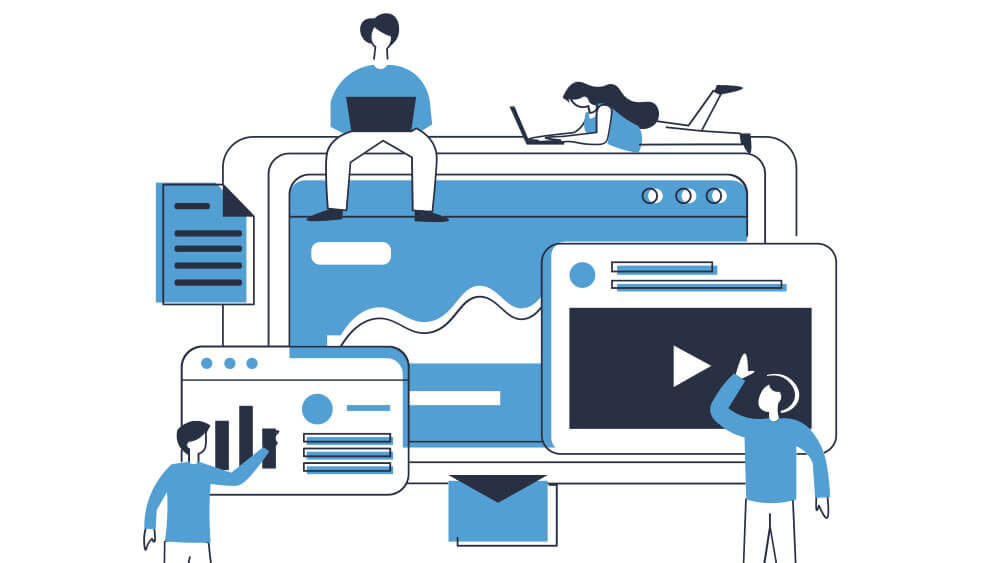
Organizations who are shifting to digital events more than likely have employees with the skills need to create digital experiences.
In our latest COVID-19 business events industry survey, COVID-19 Recovery Dashboard, eight out of 10 planners told us they are looking to acquire new skills that will help them design digital event experiences. Not only does the timing around the resumption of face-to-face meetings remain in question, but it’s generally understood that online events will be an important part of the industry in the future.
The survey, conducted May 4-7, was the third since the first week in April as PCMA and Convene attempt to determine how the business events community is coming to terms with the coronavirus crisis, imagining events in the near future, and reskilling for the long term. Over the course of those four days, 1,388 professionals — 935 planners and 453 suppliers — participated.
That 84 percent of planners who said they were pursuing education about digital events when asked what new skills they think they need for success during the recovery was in line with responses in our previous surveys. In the April 20-23 survey, 83 percent of the 1,026 planners who participated chose the same answer.
The number of suppliers choosing digital events as an answer also remained relatively steady over the two surveys — 52 percent on May 4-7, and 49 percent of the 492 suppliers participating, on April 20-23.
In our first COVID-19 survey during the first week in April, we asked more than 1,700 respondents for a yes/no answer as to whether they had started developing other skill sets as a result of the crisis. Sixty-two percent of planners and about half of suppliers said yes. Of those who wrote what they were focusing on, around three out of five planners mentioned digital and hybrid events — also frequent mentions among suppliers.
Digital events will be the norm “for a long time to come,” one planner wrote. For that reason, this respondent is working on web design and other computer-based skills. While predicting that “intelligent people will probably avoid events for the remainder of 2020,” the same person wrote, “We have to focus on moving toward ‘distant’ events, and the best way to accomplish those right now is through digital events.”
RELATED: Defining Staff Roles During Digital Events
On a number of PCMA webinars, participants have shared the concern that they or their teams lack the necessary skills to design digital events. But Leslie Bailey, PCMA’s education manager focusing on digital events, thinks they should look at the skills they have earned in the face-to-face arena as a solid foundation. “Organizations that haven’t ventured into digital events see them as something they have to start from scratch,” Bailey said. “More than likely, they already have the base talent and skillsets within their team to begin the process.”
For example, the same skills a planner uses to organize face-to-face events — including managing timelines, budgets, and an event team — are important in designing digital events. Member services reps could use their customer-focused skills in a new role as resources manager for virtual events, collecting resources to be downloadable assets from speakers, sponsors, and subject matter experts, or acting as a chat moderator.
For more examples of how existing roles can transition to digital event design, download the Transform Your Team for Digital Events PDF.
Curt Wagner is an associate editor at Convene.
